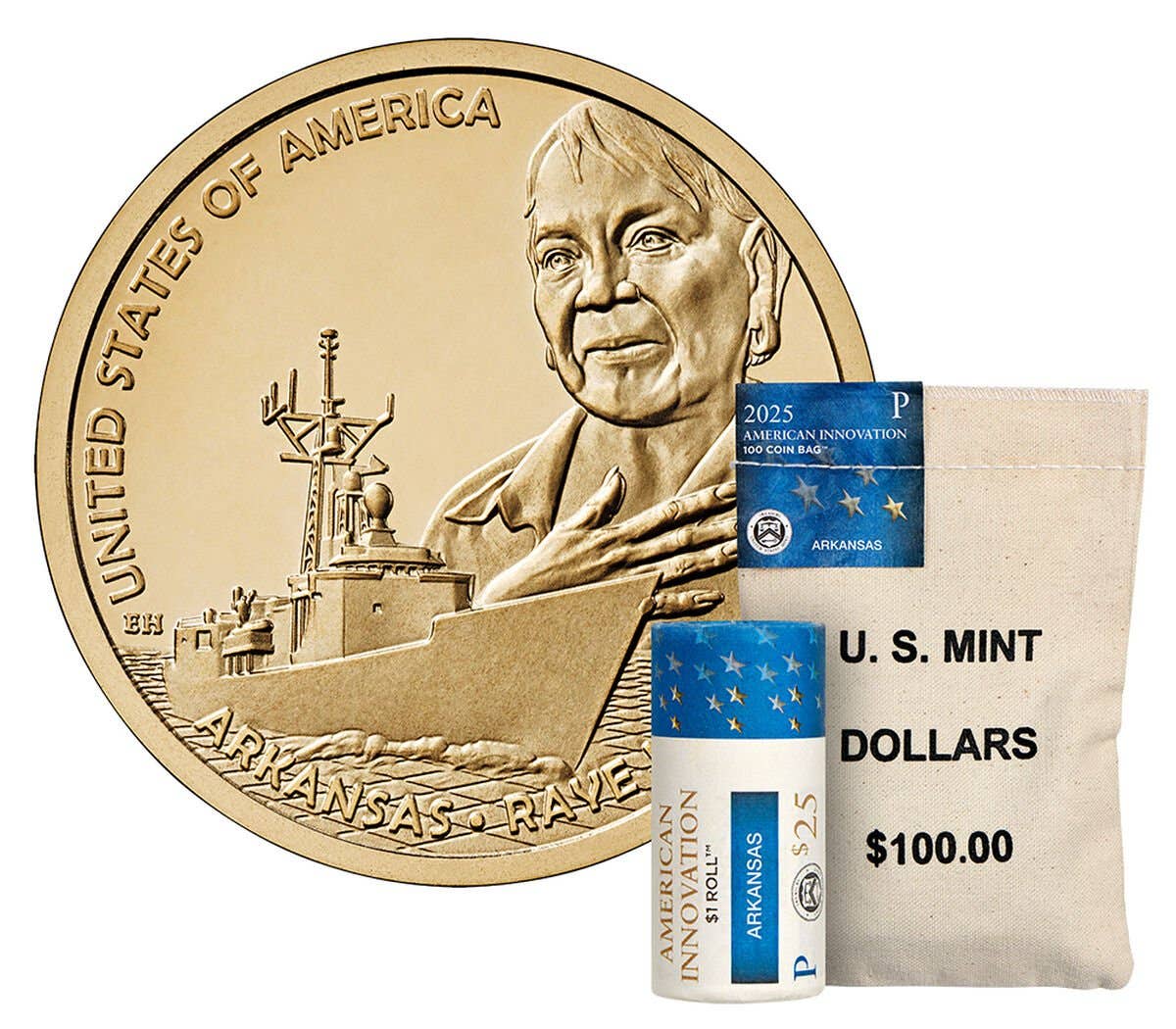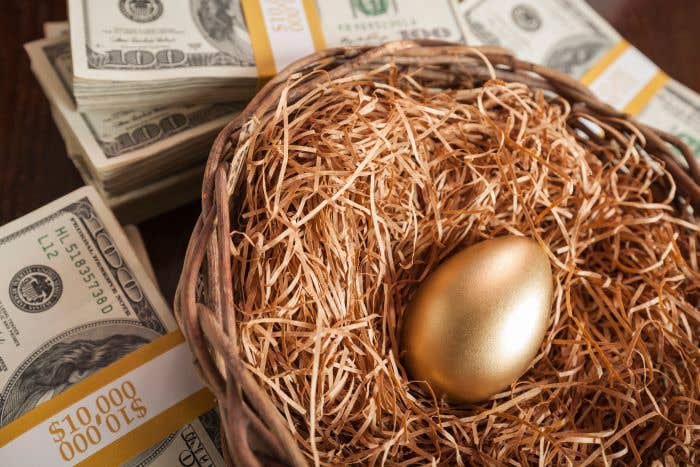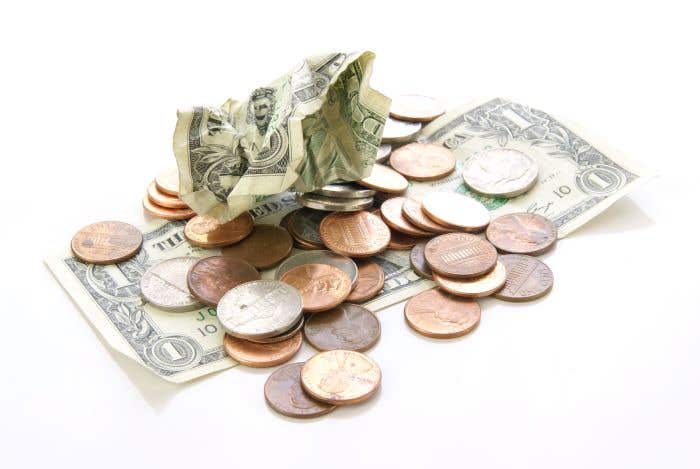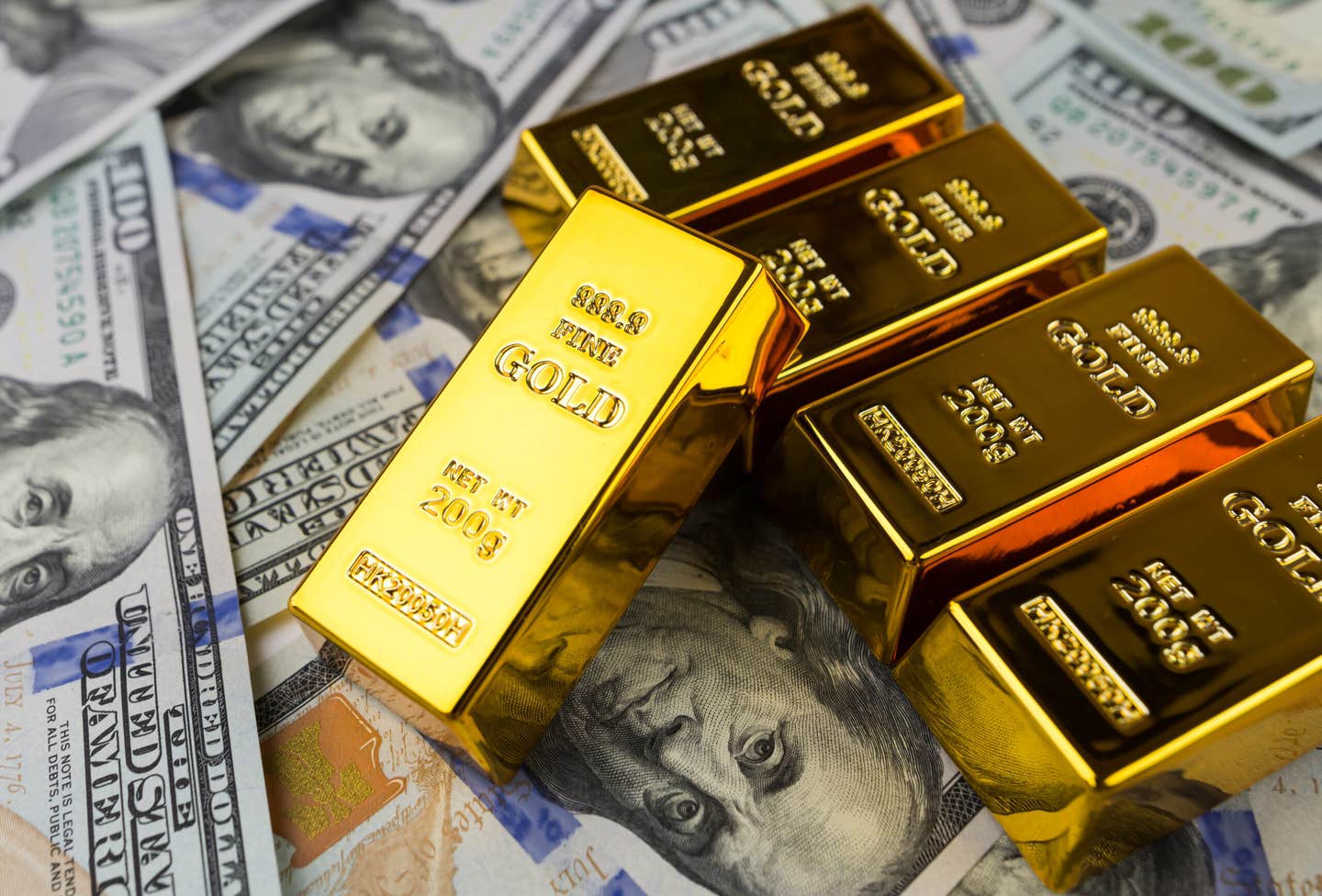What to Do if Charged Sales Tax on Exempt Purchase
Since the U.S. Supreme Court decision in Wayfair vs. South Dakota in June 2018, many sellers are now required to calculate and collect sales tax on a transaction on the…
Since the U.S. Supreme Court decision in Wayfair vs. South Dakota in June 2018, many sellers are now required to calculate and collect sales tax on a transaction on the basis of where the seller lives rather than where the seller is located.
Third-party marketplace facilitators such as Amazon, eBay and Etsy face enormous difficulties identifying which merchandise may be subject to sales tax and what would be the correct tax rate if it does apply. In addition to the 50 states and the District of Columbia, there are also local, county, Native American tribal and other sales taxes that may apply in some states, where the rates can vary from one jurisdiction to another. Altogether, there are approximately 10,000 potential different sales tax rates that may apply, depending on where the purchaser lives.
Then there is the issue of whether particular merchandise is subject to or exempt from sales tax in a particular jurisdiction. There are five states that have no state sales tax: Alaska, Delaware, Montana, New Hampshire and Oregon. However, in Alaska, Montana and New Hampshire, some local jurisdictions charge local sales taxes on some or all tangible property sales.
Now there are 36 other states with partial or complete sales tax exemptions on retail sales of precious metals bullion, coins and currency. In just about every state that has adopted such exemptions, the definition of precisely what property qualifies for the exemption is unique to that state.
There are vendors that offer computer software to businesses to help them identify and calculate the correct sales tax on a transaction, including determining whether it is subject to the tax or not. Unfortunately, none of these software programs are ever 100 percent accurate or up to date.
Consequently, some precious metals investors and numismatists have made purchases from out-of-state sellers where the seller erroneously charged sales tax. Because of the volunteer service I do with the National Coin & Bullion Association helping states adopt sales tax exemptions on precious metals bullion, coins and currency, I hear from customers who have been improperly charged sales taxes on their exempt purchases.
If this problem of a sales tax charge being erroneously added to an exempt purchase you made from an out-of-state seller, the first party to contact for resolution is the seller. It would be best to do this before making payment. But, even if payment has been made, this is still the best place to start.
It is possible that the seller has simply made an error of their own, which they can correct. Or, the addition of the tax may result from an error in the vendor’s computer software. If the seller can contact the software vendor, that may not only resolve the issue on your behalf but also all future purchasers of the same merchandise.
However, the seller may not be able to help purchasers on issues of improper addition of sales tax. Third-party marketplace facilitators may be the agency that has added and collected the tax on behalf of the seller, and has transmitted these taxes to the state governments on behalf of the sellers. Therefore, if the seller cannot help you, it may be necessary to contact the third-party marketplace facilitator to get a resolution. Understand that these are large companies where it may take some effort to reach the right employee to resolve the error.
Buyers also need to understand that it is possible that the third-party marketplace facilitator may not be able to remove the sales tax charge or issue a refund it the buyer already paid it. If the taxes have already been transmitted to a state treasury, it may then be necessary for a buyer to contact that state treasury to ask the process of how to obtain a refund of sales tax erroneously paid. As with third-party marketplace facilitators, do not necessarily expect this to be an easy process to resolve the issue.
Buyers who purchase merchandise exempt from their own state’s sales tax from out-of-state sellers probably should become familiar with the specific legal citation of the exemption in their state’s tax legislation and regulations. It does happen that the language in the legislation and regulations do not exactly match. Any such information you can provide to a seller, third-party marketplace facilitator or sales tax software vendor just might expedite your resolution.
If you do have a transaction where you were erroneously charged sales tax on exempt merchandise and were not able to obtain a refund from either the seller or third-party marketplace facilitator, I would recommend reporting this issue to your local state’s treasury department in case they might take action on behalf of you and other customers.
Any particular tax improperly added to an invoice may seem too little to be worth the hassle of getting it corrected. However, buyers may face this same problem repeatedly until they take action. Good luck.
Patrick A. Heller was honored as a 2019 FUN Numismatic Ambassador. He is also the recipient of the American Numismatic Association 2018 Glenn Smedley Memorial Service Award, 2017 Exemplary Service Award, 2012 Harry Forman National Dealer of the Year Award and 2008 Presidential Award. Over the years, he has also been honored by the Numismatic Literary Guild (including twice in 2020), Professional Numismatists Guild, Industry Council for Tangible Assets and the Michigan State Numismatic Society. He is the communications officer of Liberty Coin Service in Lansing, Mich., and writes Liberty’s Outlook, a monthly newsletter on rare coins and precious metals subjects. Past newsletter issues can be viewed at www.libertycoinservice.com. Some of his radio commentaries titled “Things You ‘Know’ That Just Aren’t So, And Important News You Need To Know” can be heard at 8:45 a.m. Wednesday and Friday mornings on 1320-AM WILS in Lansing (which streams live and becomes part of the audio archives posted at www.1320wils.com).









